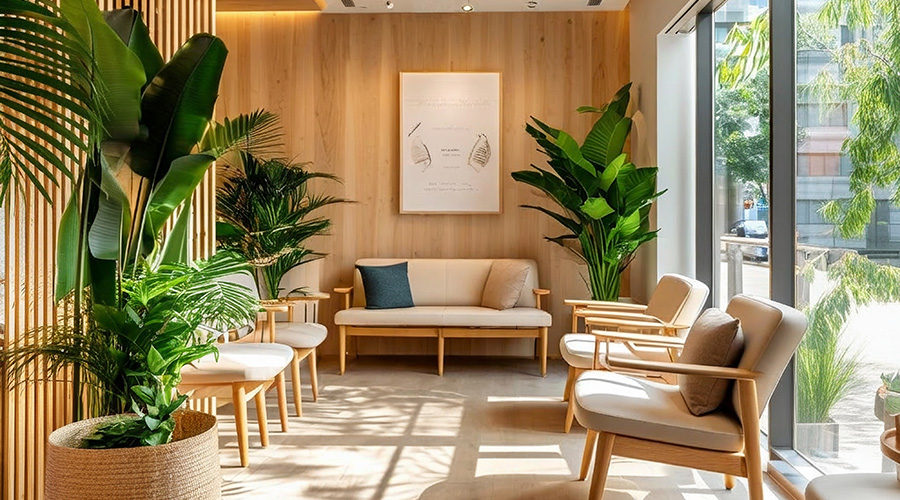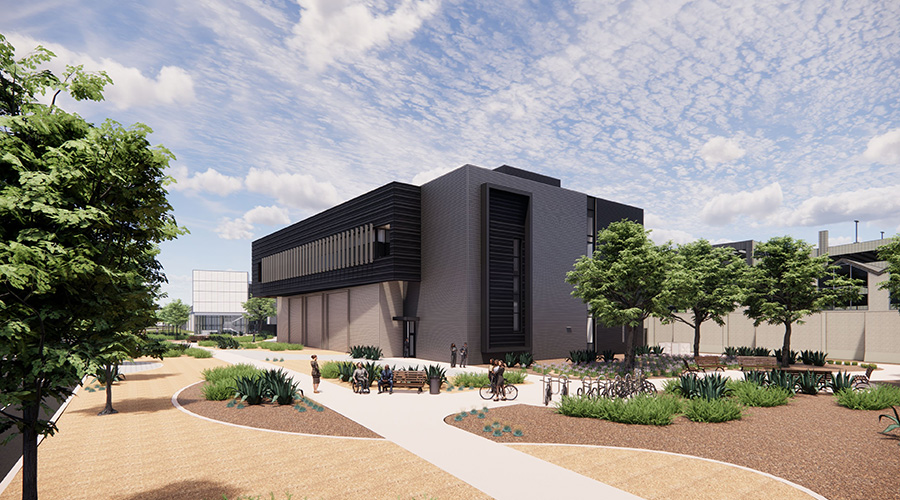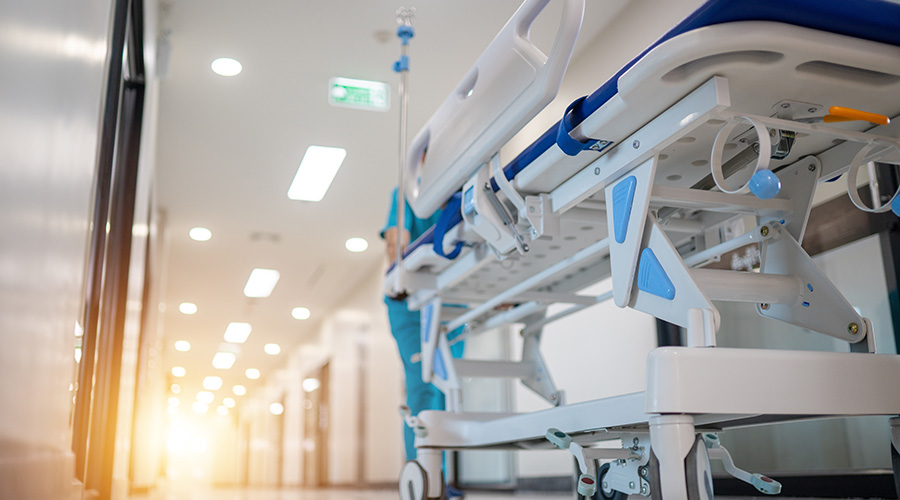The pioneer in no-touch UV disinfection has now been validated by a CDC-funded randomized clinical trial. Tru-D SmartUVC, short for “total room ultraviolet disinfection,” was the device of choice for the Benefits of Enhanced Terminal Room-Disinfection (BETR-D) study which was recently published in The Lancet. The BETR-D study proves that Tru-D can cut transmission of four major superbugs by a cumulative 30 percent.
“Since Tru-D came to market in 2007, we have been committed to innovation and the science behind our product,” said Chuck Dunn, CEO and President of Tru-D SmartUVC. “The BETR-D study further validates the effectiveness of our product and its capability to reduce the risk of acquisition of infections in health care settings.”
The BETR-D study was designed to examine the impact of enhanced terminal room disinfection as a method to prevent hospital-acquired infections (HAIs). The most comprehensive study on UV disinfection to date, the BETR-D study was a cluster randomized, multicenter crossover study with 2x2 factorial design to evaluate the impact of enhanced terminal room disinfection on acquisition and infection caused by multidrug-resistant organisms (MDROs).
“Our study is the first randomized trial to demonstrate that enhanced disinfection in the hospital can improve patient safety,” said Dr. Deverick Anderson, lead investigator of the BETR-D study.
The two-year, $2 million study led by principal investigator Dr. Daniel J. Sexton and lead investigator Dr. Deverick Anderson at Duke University School of Medicine and Duke Infection Control Outreach Network (DICON), collected data across nine hospitals and nearly 22,000 disinfection cycles for more than 120,000 patient days. Results proved that enhanced terminal room disinfection strategies reduced the cumulative incidence of MDROs, and the largest decreases were seen when Tru-D was added to the standard cleaning protocols.
“For the past decade, Tru-D has paved the way for improved patient outcomes through the development of cutting-edge UV disinfection technology,” said Dunn. “Tru-D’s basis of scientific evidence and widespread adoption throughout prestigious hospital systems continues to drive market acceptance of UV disinfection technology.”
Tru-D was the only UV disinfection device chosen for the study due to its patented Sensor360® technology that reduces the chance of human error in the disinfection process. The “brain” behind Tru-D, Sensor360® compensates for room variables such as size, shape, and contents to calculate and deliver the precise, lethal dose of UVC needed to disinfect a room. Operating from a single position in the room and administering a single cycle of UVC, Tru-D removes the guesswork from UV disinfection.
The study was sponsored by the CDC Prevention Epicenters Program (U54CK000164), the National Institute of Allergy and Infectious Diseases (K23AI095357) and the National Center for Advancing Translational Sciences (UL1TR001111).
To view a video from Duke Health on the BETR-D study, click here. For more information, visit Tru-D.com/BETRDstudy.

 Grounding Healthcare Spaces in Hospitality Principles
Grounding Healthcare Spaces in Hospitality Principles UC Davis Health Selects Rudolph and Sletten for Central Utility Plant Expansion
UC Davis Health Selects Rudolph and Sletten for Central Utility Plant Expansion Cape Cod Healthcare Opens Upper 2 Floors of Edwin Barbey Patient Care Pavilion
Cape Cod Healthcare Opens Upper 2 Floors of Edwin Barbey Patient Care Pavilion Building Sustainable Healthcare for an Aging Population
Building Sustainable Healthcare for an Aging Population Froedtert ThedaCare Announces Opening of ThedaCare Medical Center-Oshkosh
Froedtert ThedaCare Announces Opening of ThedaCare Medical Center-Oshkosh